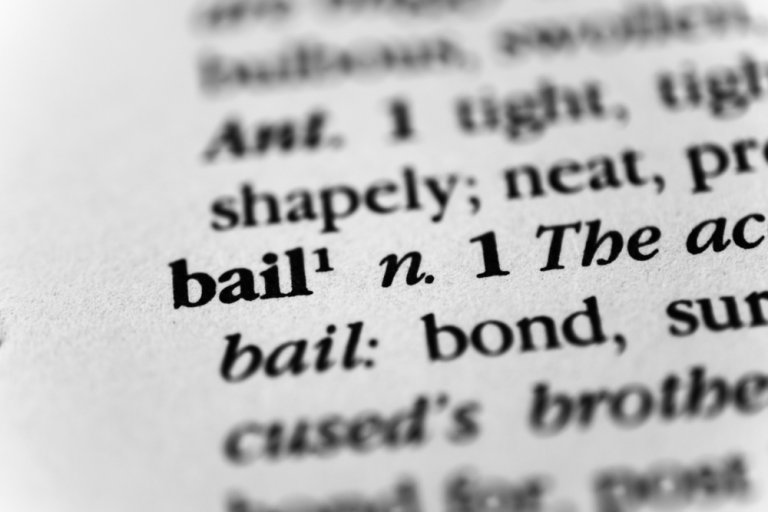
Have you or someone you love been arrested in California? You will want to know about the state’s current bail bond rules and regulations.
In the United States, each state has its own bail bond system. They each have different rules and regulations when it comes to postings and being out on bail.
In this blog post, we provide an overview of how bail works in California. We’ll also describe what you can expect if you decide to use a bail bond agent. Finally, we’ll discuss the process for bailing someone out of jail in California and answer some common questions. When you’re done reading, you’ll know all about bail bonds in the Golden State.
Continue reading to gain a better understanding of how bail and bonds work in CA.
California Bail Bond Laws and Regulations
If you or a loved one is arrested in California, the first step is to determine whether the offense is one that requires bail.
This can be done by reviewing the bail schedule. Look at the schedule for the county in which the arrest occurred. You can also ask a bail bondsman to do so.
In some cases, the jail will release the person after booking, with no bail required. This can happen when the offense is relatively minor.
However, the offense may be listed on the bail schedule. In that case, the jail will require that the amount be paid or a bond posted before release.
Every county in California has its own local bail schedule. You can review Los Angeles bail schedules here.
How to Bail Someone Out of Jail in California
To bail someone out of jail in California, the full amount of the bail must be paid to the jail or a bond posted.
In some cases, an arresting officer can request that bail be set at an amount that is higher than what the bail schedule indicates. However, this decision must be approved by a judge. At the arraignment, which is the first court appearance after arrest, the judge will decide whether to increase or decrease the bail amount.
Once you post bail, the individual will be out on bond restrictions. For example, they may be unable to drink, use substances, or commit other offenses. If so, the courts may choose to increase their initial charges.
What Is the New California Bail Law in 2023?
The new California bail law in 2023 is the CA No Bail Law or zero-bail system. Some officers may refer to this as Pre-Arraignment Release Protocols or PARP.
It is a risk-based system. That means that the rich will not have an unfair advantage in the legal system.
This has left many people wondering, “Do you still need to pay bail in California?” The answer depends on how much risk the courts believe you hold. For many, the answer is no.
In the past, bail amounts in California were based on the severity of each crime. Many of these individuals were innocent but forced to wait in jail because their bail amount was too high. Now, instead of being held in jail for minor offenses, most individuals will be booked or cited and then released.
This is good news for most individuals, who may not spend any time in jail nor need to post bail. Be aware that this law is not yet official in all CA counties.
How Do Bail Bonds Work?
If someone can’t afford to post bail, they may be able to get help from a bail bondsman. A bail bondsman agrees to pay the entire bail amount on the person’s behalf in exchange for a fee. In California, this fee is 10 percent of the posted bail.
How Long Does It Take to Get the Bond Money Back?
After posting a cash bail, it can take 6 to 12 weeks for the cash bail to be returned to the individual. If the person on bail fails to appear in court, the bail is forfeited. The individual who posted the cash bail has 180 days to locate the person and bring them into custody. If they are not located within that time frame, the money is forfeited to the state.
Looking for Bail Bonds in California?
Bail Hotline is here to help. We have over 25 years of experience posting bail all over California. Contact us today, and let us help you get your loved one out of jail as quickly as possible.